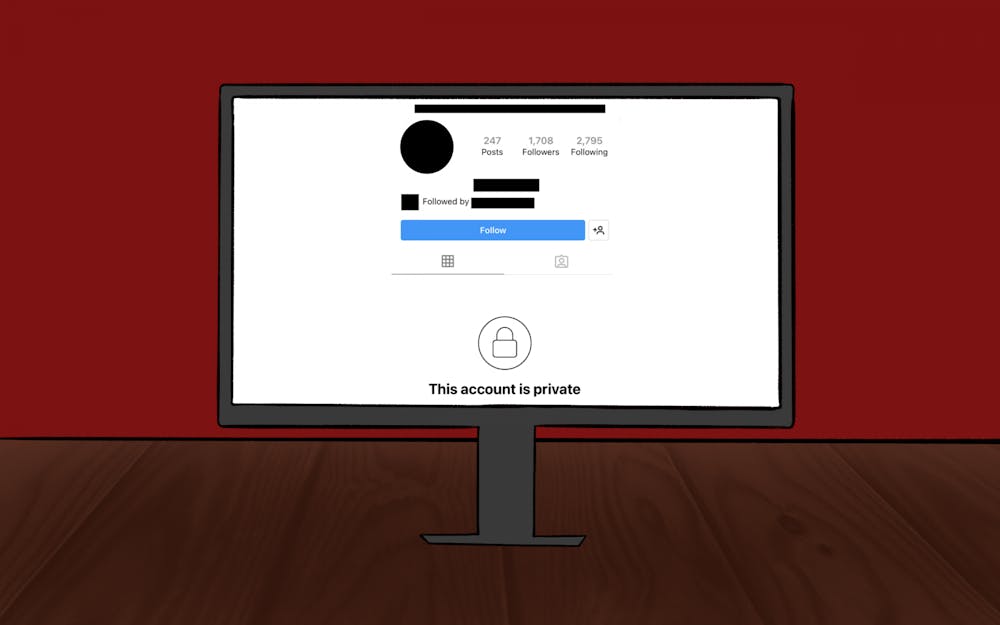The advent of the digital age incited numerous online messaging boards which allow users to remain virtually anonymous.
Platforms like 4Chan and 8Chan allow malicious individuals to spread misinformation, conspiracy theories and, more recently, higher levels of racism and white supremacy across the internet without consequence. Worst of all, it has allowed these individuals to mobilize in the real world to enact acts of horror, violence, murder, etc.
Many reports detail mass shooters becoming radicalized after messaging with anti-semitists, white supremacists and other conspiracy theorists on these platforms.
Over the past decade, the United States has seen a dramatic rise in the number of mass shootings and overall gun violence across the country. In the past month alone, we've seen horrific mass shootings in Buffalo, New York and Uvalde, Texas – the latter of which eerily parallels mass shooting events like the Columbine and Sandy Hook shootings.
It is ridiculous that individuals are allowed to be anonymous online and face no consequences for radicalizing others to commit acts of violence. The individual who brutally murdered 10 innocent victims in a Buffalo grocery store on May 14 detailed the reasons he joined 4Chan in his 180-page manifesto, the principal catalyst being he was bored.
How disgusting. Even if he hadn't thought joining the platform would lead to his ultimate, murderous actions, he wrote those words down as a driving force behind them in the manifesto.
I just fail to understand why we still allow these platforms to extend anonymity to anyone with a computer. This isn't how reality works.
In the real world, you have a name, you have multiple forms of identification, and you have a reputation and social pressures that keep you in check from saying whatever you want to say.
The right to free speech is not absolute. The Supreme Court held in Brandenburg v. Ohio (1969) that the government may forbid “incitement” speech, “directed at inciting or producing imminent lawless action” and “likely to incite or produce such action."
Even speech that isn't necessarily forbidden by the government is often subject to interpersonal scrutiny and other social pressures, depending on the content of what's spoken.
Speech and messages often spread across these platforms can even make their way to misinformed, blundering public officials who can't tell the difference. Following the Uvalde, Texas, shooting which left 19 children and two adults dead, Arizona Representative Paul Gosar was quick to inaccurately shift the blame.
In a tweet Gosar has since deleted, he incorrectly labeled the shooter as transgender and as an immigrant lacking permanent legal status. He misspelled the shooter's name in the tweet as well.
Wrong on all counts, Congressman.
It's clear that something needs to change in the online world. How are we letting misinformation spread to our representatives in government? At least Gosar understands that tweeting this misinformation may have had consequences since he deleted the tweet soon after realizing his oversight.
There needs to be some form of digital identification implemented for verification. This should include similar details and information to a driver's license or other government identification document. Other online platforms could even integrate this into their account databases to make account management more verifiable and secure.
Without verification of who puts certain words on the Internet, we have no idea about the validity, intent and other characteristics of the individual. These are all things that are necessary in the real world – why is this not the case for the digital realm?
Sean Gilley (he/him) is a senior studying political science and economics with a certificate in informatics.






